I’ve been reporting about sneakers for over four years, and during almost every conversation I have with podiatrists, shoe buyers and athletes, Hoka comes up. The brand only launched about 15 years ago, but it’s quickly become a household name. It offers highly cushioned shoes that can support your feet whether you’re running a marathon or standing all day, but what about while walking?
To answer that question, I coordinated three months of testing among the NBC Select staff, who wore different Hoka sneakers and reported their findings. Here’s everything we learned about the best Hoka walking shoes.
SKIP AHEAD Methodology | How we tested Hoka walking shoes | The best Hoka walking shoes | What’s so great about Hoka sneakers? | Hoka walking shoes v.s. running shoes | Why trust NBC Select?
Methodology
Before our testing period, I interviewed two experts — Dr. Anne Sharkey, a podiatrist at the North Austin Foot and Ankle Institute, and Jewels Busenberg, a senior buyer at Zappos — about what makes Hoka’s shoes distinct, factors to pay attention to while wearing them and which models are typically the best for walking. (Ed’s note: The inclusion of products sold by Zappos in this article was made independently of Busenberg.) With their guidance, I put together a list of five Hoka shoes for eight NBC Select staff members to test.
Hoka sent us the sneakers for free as courtesy samples, and two staff members tested each sneaker. Where possible, one person tested a women’s size and one person tested a men’s size for each shoe. We tested each Hoka sneaker for three months, from July to September. We wore them indoors on treadmills and outdoors on pavement and trails for varying amounts of time.
How we tested Hoka walking shoes
While testing Hoka walking shoes, we considered the following factors:
- Activity: We wore each sneaker while walking varying distances and for varying periods. We wore them for exercise and leisure, including commuting around New York City.
- Arch support: There are two main categories that shoes fall into: cushioning shoes and stability shoes. Cushioning shoes are best for people with high arches because their feet need help absorbing shock, says Sharkey. On the other hand, stability shoes are best for people with flat feet because they’re designed with features that help prevent overpronation, she says. Some shoes fall between cushioning and stability — they’re typically best for those with neutral arches. We evaluated how well our sneakers aligned with our arch type and evaluated overall support.
- Cushioning level: Foam cushioning can be firm, soft or somewhere in the middle. Experts told me that cushioning level is a personal preference, so we noted how each shoe’s foam felt and whether it impacted overall wearability.
- Toe box: We made sure we could comfortably spread out our toes and didn’t experience any pinching or squeezing.
- Material: We tested Hoka walking shoes between July and September to see how well they regulated our feet’s temperature. Shoes made with lightweight, breathable materials like mesh are typically best for those with sweatier feet or who walk in hotter climates, says Sharkey.
- Traction: We paid attention to how grippy the shoes felt on wet and dry surfaces, including pavement, treadmills and trails.
- Weight: We considered whether the sneakers felt lightweight or heavy on our feet, and how that impacted our ability to walk in them.
- Durability: At the end of the testing period, we assessed each shoe to see how well it withstood months of use. We made sure none of the sneakers’ laces started fraying and that their fabric uppers were completely intact, free from signs of damage like holes and tears.
- Comfort level: We evaluated how comfortable our feet felt while wearing each shoe for short and long periods of time. We also noted whether the shoes caused pain, aches or soreness to any part of our feet.
- Fit: We wore Hoka walking shoes in our typical sneaker sizes. During the testing period, we noted whether our shoes felt big, small or true to size. We also evaluated fit by making sure there was a thumbs width of space between the front of our shoe and our longest toe to account for potential swelling, especially at night, per Sharkey’s recommendation. Additionally, we noted whether any part of the shoes rubbed against our feet, and whether our heels slipped at all while walking, which should not happen with a properly fitted sneaker, says Busenberg.
The best Hoka walking shoes
All the Hoka walking shoes we tested and recommend below are available in men’s and women’s sizes, as well as standard and wide widths. Some earned the American Podiatric Medical Association’s Seal of Acceptance — I noted which ones.
Among other features, the Hoka’s website specifies each shoe’s stability and cushioning level, which I included below. Hoka breaks stability level into three categories, from least to most stabilizing: neutral, moderate and stable. It also breaks cushioning level into three categories, from the least/firmest to the most/softest: responsive, balanced and plush. I also listed each shoe’s heel drop, which is the difference in height between the heel and toe, and heel stack height, which is the amount of material between your heel and the ground. Heel stack height tends to be the thickest part of the shoe.
Best overall: Hoka Clifton 9
If you’re looking for a Goldilocks walking shoe — meaning one that has just the right amount of everything — this is it. After testing a pair, Cory Fernandez, NBC Select commerce editor, and I agree that the Clifton 9 is a no-frills model that reliably supports our neutral arches in various situations. I did five mile walks on trails and pavement in the shoes, which have great traction, controlled bounce and a gentle rocker outsole that keeps me moving forward at whatever pace I set. The foam also sufficiently cushions my feet so they never feel tired, but it’s not so soft that I’m sinking into it.
Fernandez mainly wore the Clifton 9s to commute to work and around the office. “I wore them for an average of five to seven hours a day and found them very comfortable,” he says. “They also run true to size — they fit my feet perfectly.”
Weight: 7.30 oz. (women’s), 8.70 oz. (men’s) | Heel drop: 5 mm. | Heel stack height: 37 mm. (women’s), 38 mm. (men’s) | Stability level: neutral | Cushioning level: balanced | Material: mesh, polyester
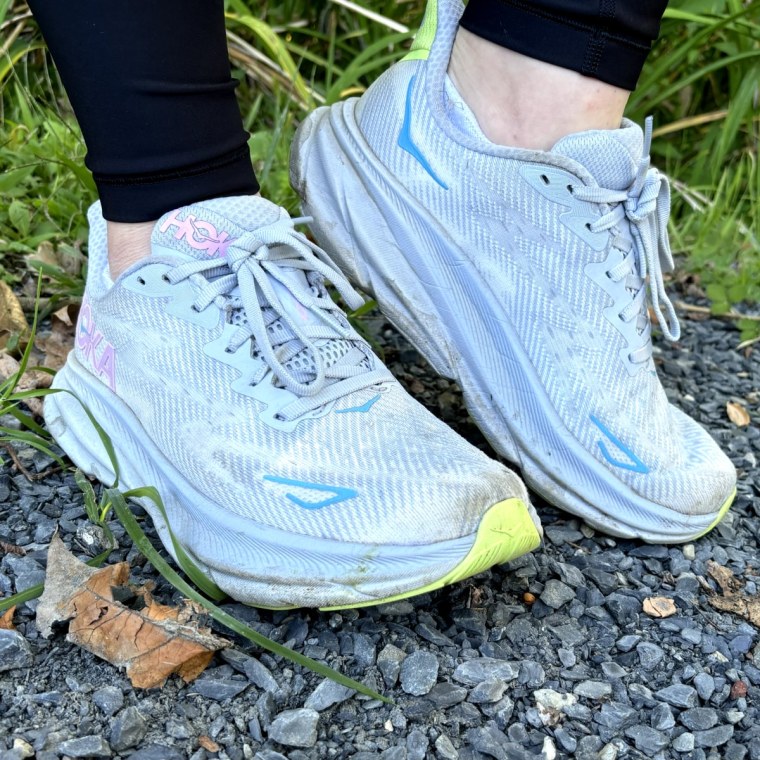
Best max cushioning: Hoka Bondi 8
The Bondi 8 is one of the most easy-to-identify Hoka sneakers due to its thick cushioning in the midsole, the brand’s signature feature. There’s also extra foam in the heel area, giving it a billowed shape that acts as a crash pad every time you take a step. It absorbs the majority of shock when your foot meets the ground so you don’t feel it elsewhere, which is ideal for those who have high arches. With all this foam, however, comes extra weight. “They’re somewhere in between light and heavy,” says Jordan Bowman, NBC Select commerce editor, who wore the sneakers to walk his dog multiple times daily. “But overall, they didn’t weigh me down at all.”
Since the Bondi 8s are so highly cushioned, they lift you off the ground by a few inches, which, at times, made Bowman tip his body forward. He also wasn’t always able to feel the road beneath him. That’s typically par for the course with a true max cushioning shoe, so if you’re interested in this one from Hoka, be prepared. “These shoes feel like a cloud, and I found them to be incredibly comfortable,” says Bowman. “They supported my feet, ankles and neutral arches well, too.”
Weight: 8.90 oz. (women’s), 10.80 oz. (men’s) | Heel drop: 4 mm. | Heel stack height: 40 mm. (women’s), 41 mm. (men’s) | Stability level: neutral | Cushioning level: plush | Material: mesh, polyester
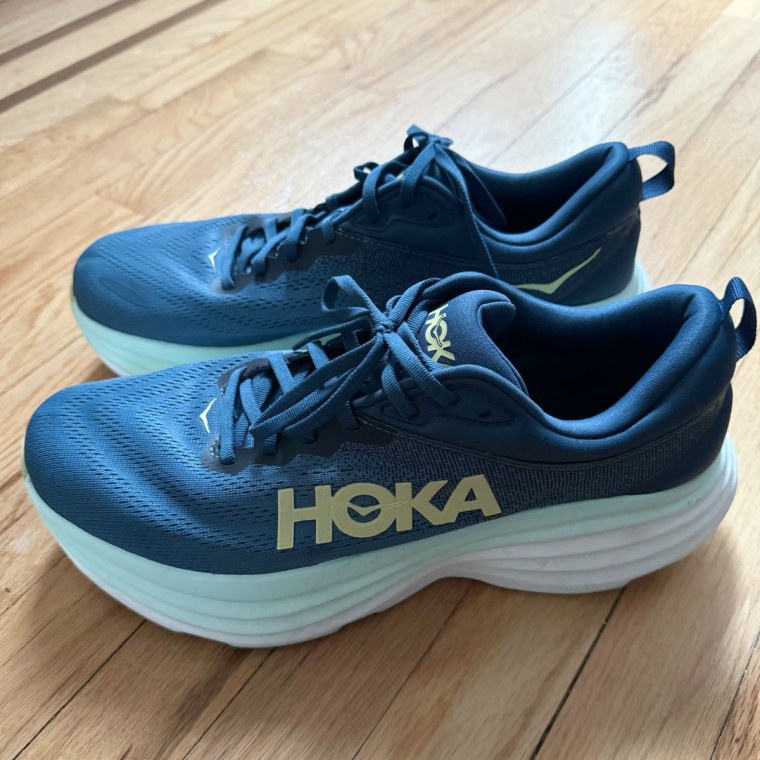
Best stability shoe: Hoka Arahi 7
The Arahi 7s are designed with Hoka’s J-frame, which is a J-shaped piece of foam that wraps around the heel and lines the inner side. It helps prevent the ankle from tilting inward, also called overpronation. Nikki Brown, NBC Select SEO editor, struggles with overpronation because she has flat feet. And from the moment she put these Hokas on, she found them comfortable. “I have very, very flat feet that curve inward, and I love the high level of arch support in this sneaker,” she says. “They have a decent amount of stability and I felt grounded in them.” Brown wore her Arahi 7s while on long walks, commuting to work and running errands. She says they didn’t require a break-in period.
Mili Godio, NBC Select updates editor, also tested these Hokas while walking outdoors and indoors on a treadmill. She didn’t find them as comfortable as Brown because she has a higher arch, but appreciated their firm, supportive cushioning. “They’re very light without feeling flimsy,” says Godio. “I found myself seamlessly springing forward while walking.”
Weight: 8.10 oz. (women’s), 9.90 oz. (men’s) | Heel drop: 5 mm. | Heel stack height: 34 mm. (women’s), 37 mm. (men’s) | Stability level: stable | Cushioning level: balanced | Material: knit
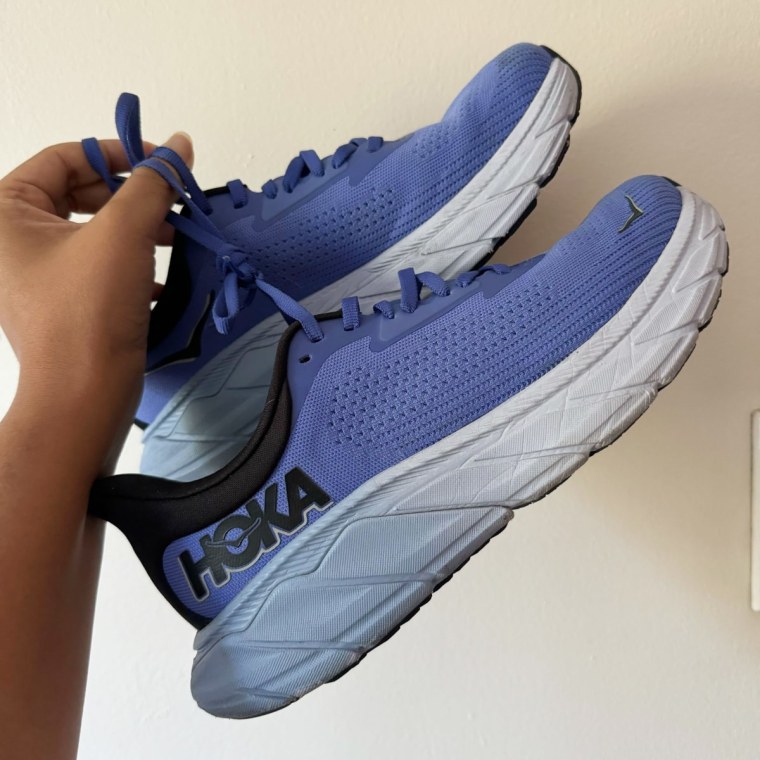
Best for long distances: Hoka Gaviota 5
Similar to the Arahi 7, Hoka’s Gaviota 5 sneaker is a stability shoe, but it has more cushioning and is designed with the brand’s H-frame rather than its J-frame. According to the brand, an H-shaped piece of foam goes all the way around the sneaker and crosses through the center, which helps reduce overpronation while more holistically stabilizing the entire foot. That means the Gaviota 5 is beneficial for those with flat arches as well as those with neutral arches.
Lindsay Schneider, NBC Select commerce editor, prominently felt the foam around the edges of the shoe, which was sometimes uncomfortable for her ankles since she has higher arches. Still, she says the Gaviota 5s are objectively comfortable. “They’re really cushioned — you don’t feel every nook and cranny on the ground underneath you as you walk,” says Schneider. Bianca Alvarez, NBC Select associate reporter, who has neutral arches, found the foam evenly distributed and supportive. “I wore these sneakers while walking around New York City and logged 18,634 steps in one day,” she says. “My feet weren’t aching at all and I never felt unstable.” Alvarez also says that while the Gaviota 5s aren’t super lightweight, they’re not heavy to the point where moving feels like a chore.
Weight: 9.10 oz. (women’s), 10.90 oz. (men’s) | Heel drop: 6 mm. | Heel stack height: 37 mm. (women’s), 39 mm. (men’s) | Stability level: stable | Cushioning level: plush | Material: jacquard mesh
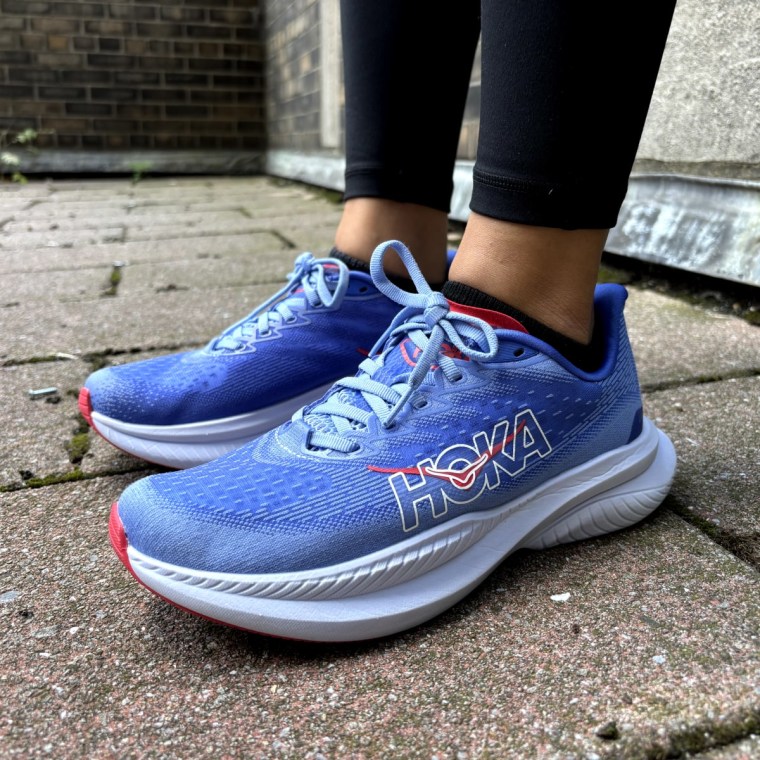
Best for everyday wear: Hoka Transport
These sneakers are the most un-Hoka-like Hokas Rebecca Rodriguez, NBC Select editorial projects manager, and I have ever worn. They’re not highly cushioned, don’t give you much of a lift and lack the cushy feel most people expect from the brand — and that’s exactly why we love them. “They feel like a firm mattress that’s supportive in all the right places,” says Rodriguez. “They’re very comfortable and never hurt my feet, especially after a long day of walking around in them.” The Transports’ toe box is also on the wider side and never bothered Rodriguez’s bunion.
The Hoka Transports are a lifestyle shoe, meaning they’re designed for everyday wear rather than exercise. I throw them on to walk around New York City leisurely or run errands. One of my favorite features is the sneakers’ elastic laces. Instead of tying them, you pull a toggle to tighten or loosen the shoe. However, the shoes come with standard laces, so you can swap out the elastic ones if you don’t like them. The Transports also have a 3D grip pattern that adds traction, which I found helpful while walking on trails.
Weight: 9.10 (women’s), 11.20 (men’s) | Heel drop: 5 mm. | Heel stack height: 36 mm. (women’s), 37 mm (men’s) | Stability level: neutral | Cushioning level: balanced | Material: synthetic fabric
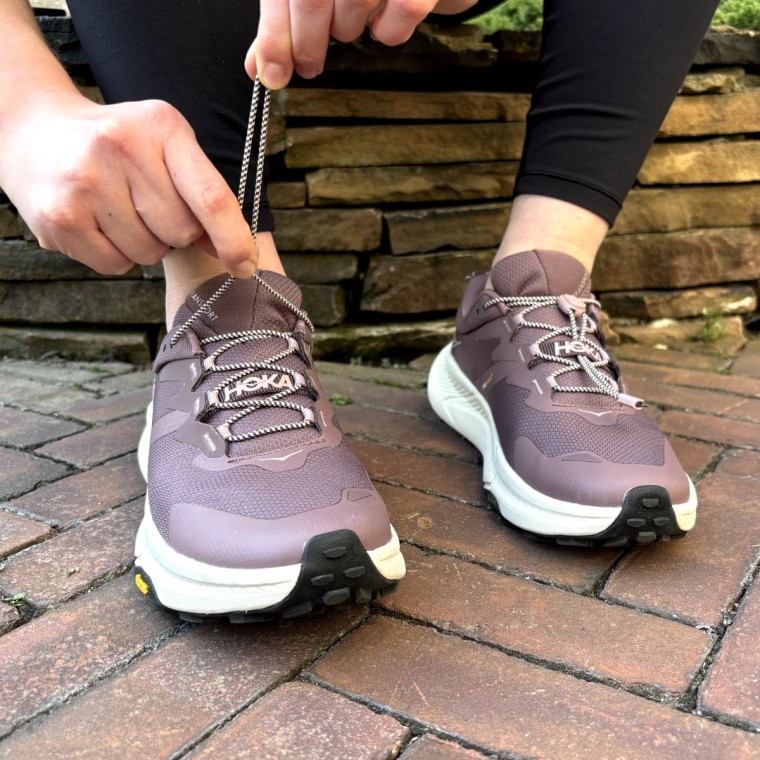
What’s so great about Hoka sneakers?
Since its inception, one factor has made Hoka’s sneakers distinct: a thick cushioned midsole. “Hoka created the max cushion trend,” says Busenberg. The brand’s shoes are designed with lightweight, highly responsive foam, meaning it compresses to soften landings and absorb shock, then bounces back to spring you forward whether you’re walking, running or standing for long periods of time, says Sharkey. And while the overall feel of the foam — be it firm, plush or somewhere in the middle— varies by shoe, the thick midsole is typically a guarantee.
Despite highly cushioned sneakers being trendy, some shoppers are on the fence. “There’s a view among some that the thicker the shoe, the more geriatric-looking it is,” says Sharkey. “Some people just find them clunky.” But once someone tries on a pair of Hokas and experiences their responsiveness, it can change their perspective. “People put on Hoka’s sneakers and they feel really good,” says Sharkey. “They stop caring what the shoes look like and grow willing to wear them due to the feel.”
Compared to brands like Brooks, Nike and New Balance, which have been around since 1914, 1964 and 1906, respectively, Hoka is a newer brand. It was founded in 2009, so it’s only about 15 years old. But in that short period, it’s gained tremendous notoriety because it’s attractive to so many communities. “Hoka is able to tap into all markets, from healthcare workers that are on their feet all day, to trendy celebrities, to elite long distance runners,” says Busenberg. The brand has even prompted its competitors to release their own shoes with thick cushioned midsoles, like Brooks with its Ghost Max and Glycerin Max sneakers, Saucony with its Hurricane 24 sneakers and Asics with its Gel-Nimbus 26, says Sharkey.
Two other factors make Hoka’s sneakers stand out: its MetaRocker technology and Active Foot Frame.
- The MetaRocker is a curved outsole that rolls you forward to some degree and supports smooth, efficient heel-to-toe transitions, says Busenberg. “The brand increases and decreases the amount of MetaRocker in each shoe depending on the goal,” she says. “The faster the transition, the more “rocker” the shoe will have. On the contrary, if the shoe is meant to provide more stability and ground coverage, it will have a less curved MetaRocker.”
- The Active Foot Frame hugs the perimeter of your foot to stabilize it. The frame in a more stabilizing shoe has higher walls, while the frame in a less stabilizing shoe has lower walls, according to the brand.
What’s the difference between Hoka walking shoes and running shoes?
On its website, Hoka labels what activity each shoe is best for, like an everyday run, a walk, a trail run or “lifestyle,” meaning casual wear. Some shoes are labeled best for walking and running — so can you walk in running shoes, and vice versa? “I would never tell someone to run in walking shoes, but you can walk in most running shoes, which means there’s more options available,” says Sharkey. “It’s important to run in running shoes, but there’s some flexibility when it comes to walking,” says Sharkey.
With that said, what are the main differences between walking and running shoes? Here’s what experts told me:
- Running shoes tend to have a higher heel and a lower toe, which creates a pronounced rocker-shaped outsole and leads to a more energy-efficient stride, propelling you forward faster, says Sharkey. There’s also prominent cushioning in the heel and midfoot area. Most runners are heel strikers, meaning their heel hits the ground first, then their weight transitions to the forefoot, pushing them forward. Added cushioning helps with shock absorption, says Busenberg.
- Walking shoes tend to have a wider base than running shoes to increase stability and support, says Busenberg. The toe box is also a bit bigger, which allows the toes to spread out more, and there’s often even cushioning throughout the shoe, says Sharkey.
Meet our experts
At NBC Select, we work with experts with specialized knowledge and authority based on relevant training and experience. We also ensure that all expert advice and recommendations are made independently and without undisclosed financial conflicts of interest.
- Dr. Anne Sharkey is a podiatrist at the North Austin Foot and Ankle Institute.
- Jewels Busenberg is a senior buyer at Zappos. (Ed’s note: The inclusion of products sold by Zappos in this article was made independently of Busenberg.)
Why trust NBC Select?
I’m an associate updates editor at NBC Select, where I cover fitness, including articles about women’s walking shoes, Pilates rings and training shoes. I also frequently test and review fitness products, like the Brooks Ghost Max and On Cloudeclipse sneakers. For this article, I coordinated testing five pairs of Hokas among eight NBC Select staff members. They shared their feedback, and I also interviewed a podiatrist and shoe buyer to gather their insights.
Catch up on NBC Select’s in-depth coverage of personal finance, tech and tools, wellness and more, and follow us on Facebook, Instagram, Twitter and TikTok to stay up to date.
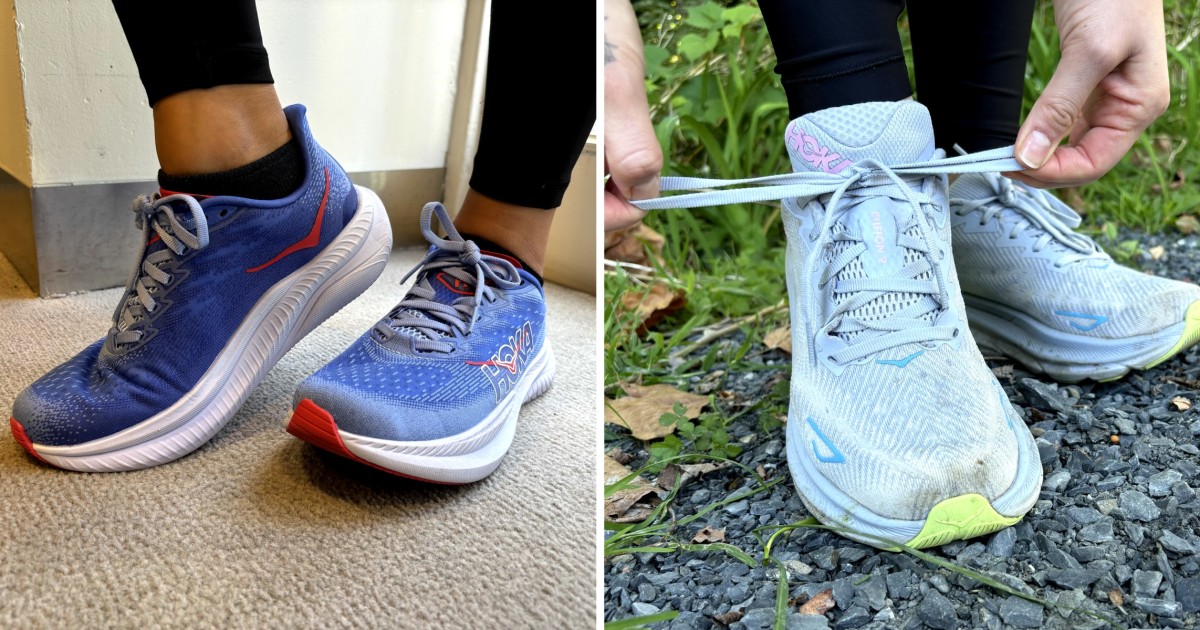
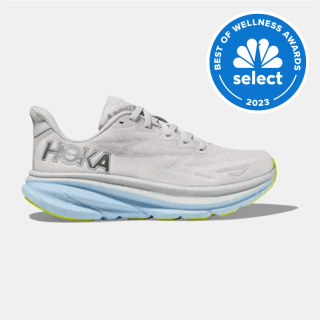
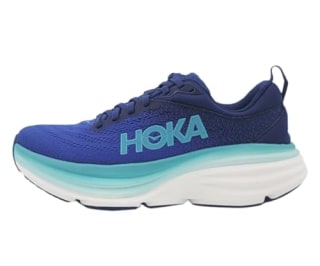
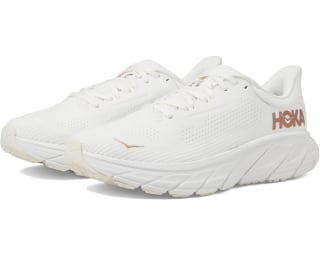
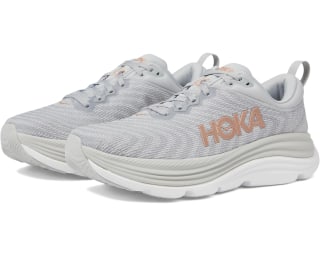
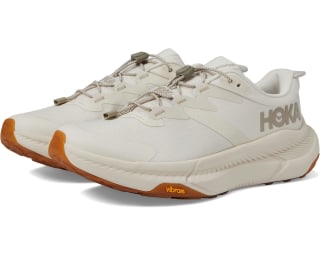
Leave a Reply